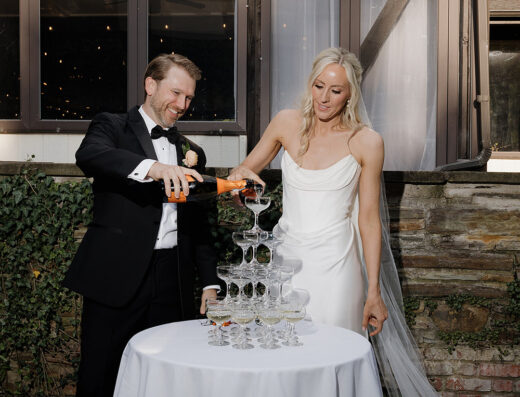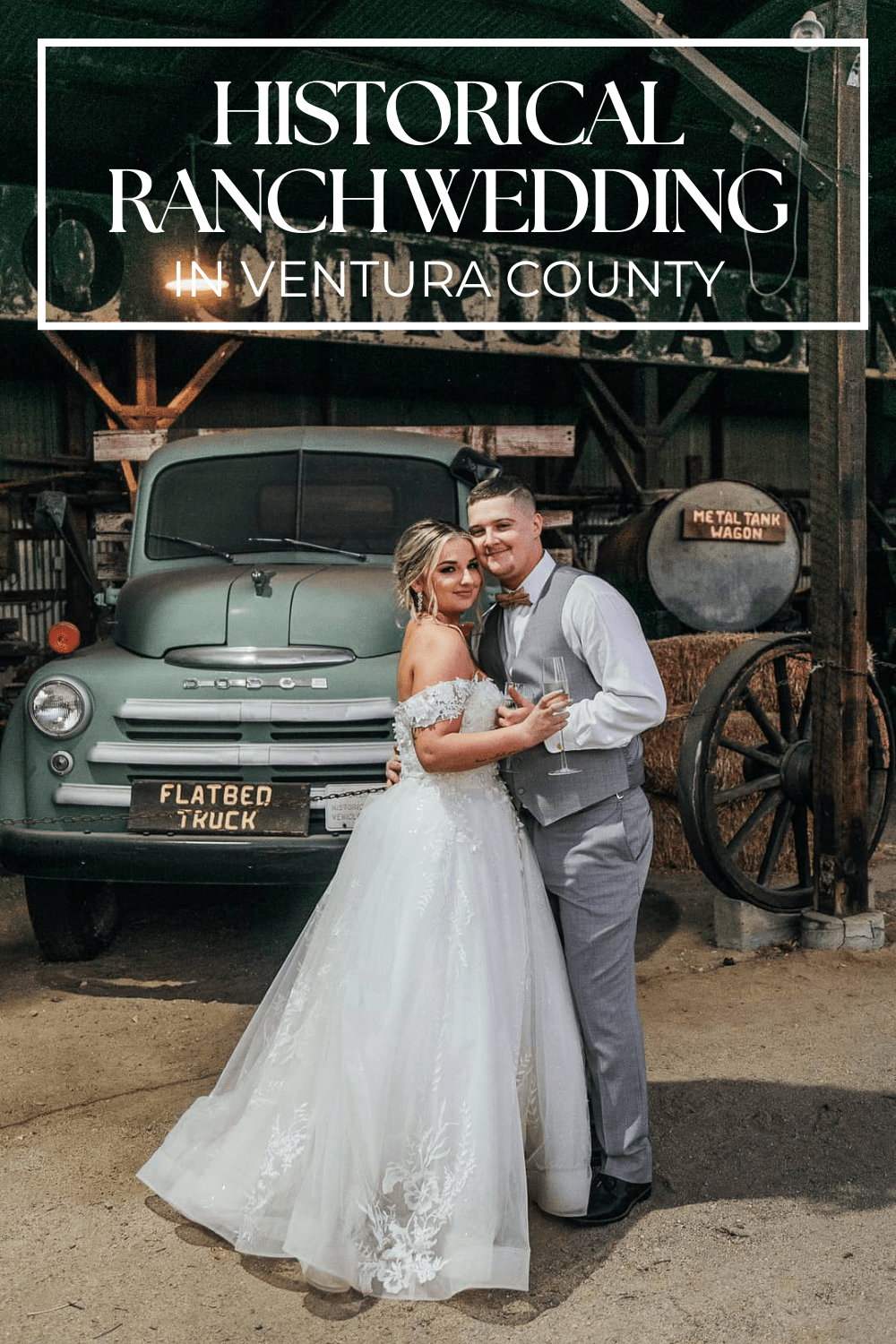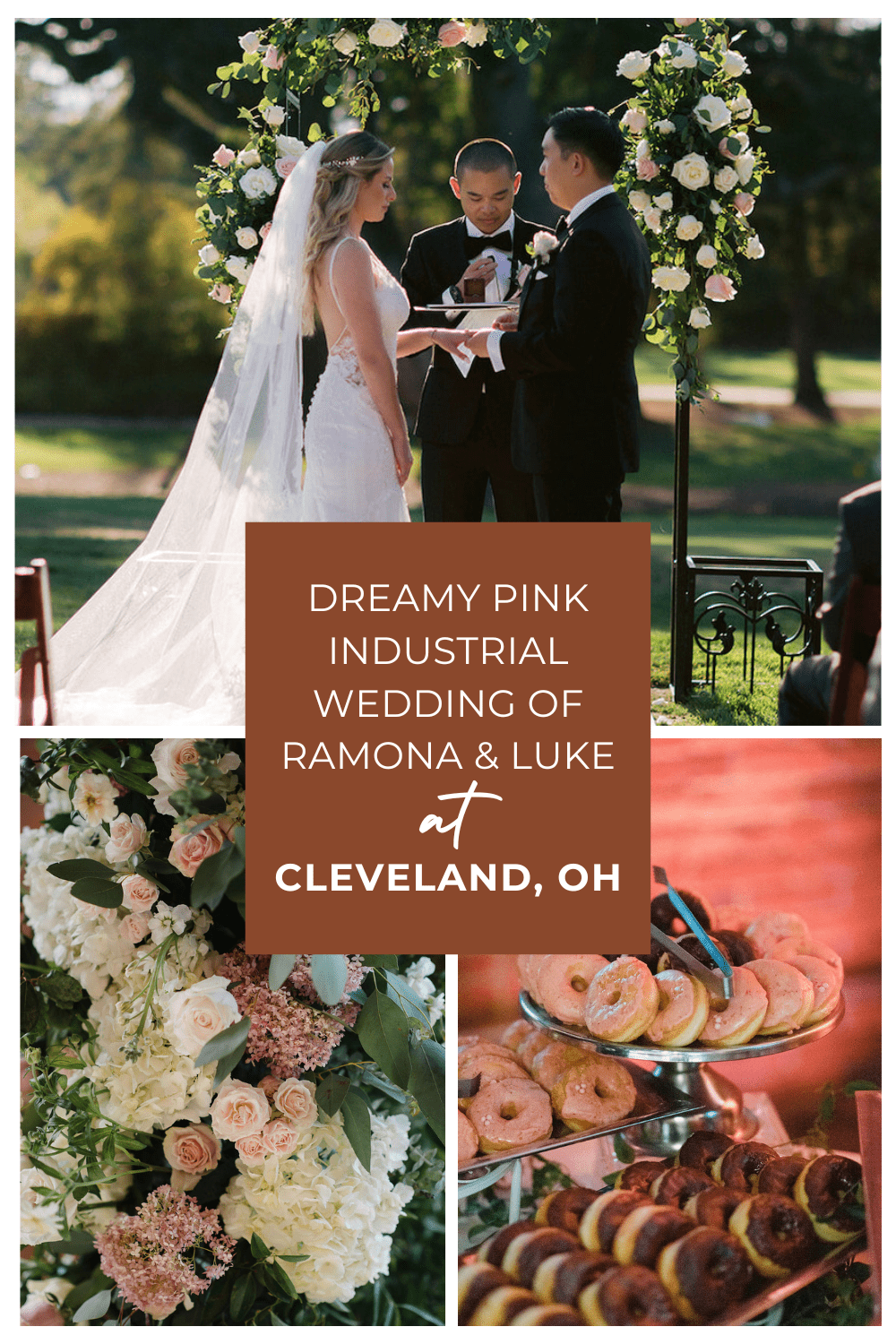Note: I contacted HSE Ireland (County Wexford Branch) at phone number 053 924-3706 to obtain information for this article. The material provided in this article is intended for informational purposes only and should not be used to replace official documents. Please contact HSE Ireland for the latest legal requirements for marrying in Ireland.

You’re engaged and have decided on a destination wedding in Ireland to fulfill a dream of getting married in a real life castle. Perfect, congratulations!
Now, where do you start?
Dredging through outdated online resources or government jargon can be a frustrating task. Which is why we decided to start a tutorial series on how to put together your dream wedding ceremony in Ireland including:
- Legalities
- The do’s and dont’s
- Key questions that you will need answered
In this article we will discuss how to have a civil ceremony in Ireland either at the registry office or the venue of your choice. I will be talking about how to organize an official marriage recognized under the Irish law. If you are not interested in the legal side and just want to hold a non-legal ceremony, then this post will not apply.

The good news is that once you have jumped through the legal hoops (so to speak) to legally get married in Ireland, your marriage will be recognized all over the world. Let’s see the general requirements to legally get married in Ireland.
General Requirements of Getting Married in Ireland
- Minimum age: 18 years
- If either party has been married previously: They must hold a valid State Annulment or a valid foreign divorce.
- No impediment to your marriage: Age, Monogamy, Mental Illness/Handicap, Marriage Of Convenience, Prohibited Degrees of Kindred and Affinity
- Give Three Months Notice: You must give the Registrar a minimum of three months notice before the date you want to marry in Ireland. (See below)
- The Solemniser: must be on the approved list of Irish Solemnisers.
- Venues: All venues for civil marriages must be pre-approved by the Registrar. (See below)
- Application Approval: All applications are subject to approval by the Registrar’s office.
Civil Ceremony Steps
- Firstly the couple needs to decide which county of Ireland they wish to hold a marriage ceremony.
- Registrars (civil servants) can legally marry people at non-religious ceremonies in Ireland at both the Registry Office or in an approved venue. Although, civil ceremonies performed by the Registrar can only take place during times between Monday – Friday (excluding public/bank holidays and weekends). Also keep in mind there will be an additional fee for a civil ceremony held in a venue other than a Registry Office. If you are looking to get married on the weekend, you are in luck! As of 2013 you can now have a secular ceremony performed by The Humanist Association.
- The couple will need to contact the appropriate Registrar office in their chosen county to receive a postal application and apply at least 3 months before the date of the wedding. By law all couples intending to get married in Ireland are required to give the 3 month notice to state their intention to marry in Ireland.
- Once the postal application is sent back to the registrar and received, it will then be added to their system. (All applications are subject to approval by the Registrar)
- The couple will need to book an appointment. Both parties must attend the Registrar office in person a minimum of 5 days before the wedding to show the following documents:
- Original Birth Certificates plus photocopy of same.
- Birth certificate: presented with an Apostille Stamp from the country of origin. If an Apostille Stamp is not obtainable from the country in question, the birth certificate should be accompanied by a letter from the relevant Embassy attesting to its authenticity.
- Proof of address – original utility bill (or other appropriate document) and photocopy of same.
- Valid passport
- Letter of Freedom showing that you have never been married before. Not necessary, but better to have it.
- Valid foreign divorce if you have been married before.
- Name of Registered Solemniser (check national list on www.groireland.ie).
- Name and date of birth of both witnesses (must be over 18 years of age).
- If Divorced: Contact the Registrar prior to making your appointment.
- If Widowed: “Original Civil Marriage Certificate and photocopy of same and Original Civil Death Certificate of late spouse and photocopy of same”
- If you have had an Annulment: “Original civil annulment court order and photocopy of same and a letter from the relevant Court, confirming that no appeal has been lodged against the Nullity Order.”
- €200 non refundable fee.
- Additional charges will apply for civil ceremonies which take place at venues other than the Registry Office.
- At the in person meeting, the couple will be asked to sign a declaration that there is no impediment to their marriage. They will be given a Marriage Registration Form which is the license to marry. This form will be signed by the couple, their Witnesses, and the Solemniser on the day of the marriage. When the form is returned to any registrar’s office the marriage will be registered. When registered they may purchase a marriage certificate from any office on payment of the appropriate fee, currently €20.00 per certificate.
*** Note: If you plan to visit Ireland for a pre-wedding trip, I would highly advise that you complete the above process during that time. ****

Where can a Wedding Ceremony legally be held in Ireland?
Prior to November, 2007, legal wedding ceremonies in Ireland were only allowed to be held in either a church or the registry office. Not exactly a plethora of choices!
Thankfully, things have changed since that time and legal wedding ceremonies are now permitted in other locations with the approval of the registrar:
- the wedding ceremony must be in a place that is open to the public:
(a) “Building that is open to the public, or”
(b) “Courtyard, garden, field, or piece of ground that is open to the public and lying near to and usually enjoyed with the building”
What this means is that the following places will (generally) be approved as a ceremony site:
- Pre-approved indoor venue (e.g., hotel/castle).
- Outdoors: It must still be approved by the registrar and it must still be a location to which the general public have access. In addition, an approved solemniser who performs legal outdoor ceremonies should be obtained (e.g., humanist).
- In a church.
- Registrar’s Office.
- Inspected and approved location by Registrar.
If you have your heart set on a private estate or family home, you likely will not get permission.

Helpful Links to Get Married in Ireland
The following links can assist those couples considering a wedding in Ireland:
- Hitched.ie has many great wedding venues searchable by county.
- Local Registrars Offices Contact Numbers: For more information around local Registrar offices in each country, please visit the HSE’s local office contact page.
- Call local county registrar offices directly. If you are calling from outside of Ireland, prefix each number with the country code for Ireland (00353) and then drop the initial ‘0’ from the numbers given below.
TIP: Save THIS PIN to your Wedding Planning board on Pinterest and get back to this post later.















Andreanela Martell
June 5, 2018 at 10:53 amHi ,
Helpful ReviewMy Fiancee and I just got engaged this passed May in Ireland. We are contemplating having a destination wedding in Ireland but also would like to hold a catholic ceremony. Can you help ?
Grace Baker
December 23, 2025 at 3:11 amMy fiancé and I will be engaged Christmas Eve we would like to have a two person wedding in Castle in Dublin. My dad‘s family came from Dublin, which I never knew them. I just recently found them. I thought it would be an honor to be married where my fathers family came from😊
Helpful Review